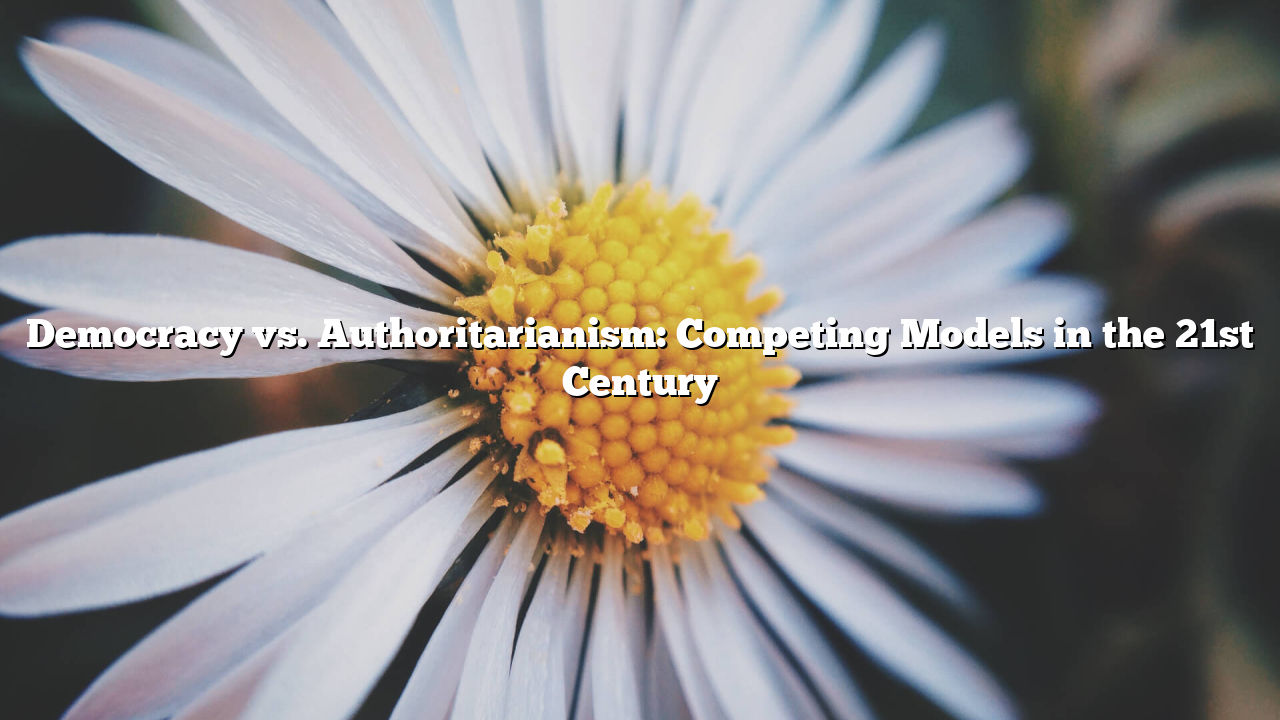The 21st century has witnessed a renewed debate between two competing political systems: democracy and authoritarianism. While democracy has long been celebrated as the most legitimate form of governance, authoritarian regimes have shown resilience and, in some cases, rapid economic growth. This global vikingtoto rivalry raises important questions about the future of governance and the values that will shape international politics.
Democracy is founded on principles of free elections, rule of law, and protection of human rights. Citizens have the right to choose their leaders and hold them accountable through checks and balances. Democratic systems tend to foster innovation, transparency, and civic participation, creating societies where individuals feel empowered to express their views. However, democracies are not without flaws. Political polarization, corruption, and inefficiency often hinder effective governance, leading some citizens to become disillusioned.
Authoritarianism, by contrast, centralizes power in the hands of a single leader or ruling party. Decisions can be made quickly without lengthy debates or opposition. This efficiency has allowed some authoritarian regimes to implement ambitious infrastructure projects, maintain order, and achieve rapid economic development. China, for example, has used its centralized system to drive growth and technological advancement, presenting itself as an alternative model to Western democracies.
The competition between these systems is not only domestic but also international. Democracies often advocate for human rights and liberal values abroad, while authoritarian regimes promote sovereignty and non-interference. This clash of values plays out in global institutions and regional conflicts, shaping the future balance of power.
Technological change adds another layer to the debate. In democracies, digital platforms have expanded freedom of expression but also fueled misinformation and polarization. In authoritarian states, governments use technology to monitor citizens, suppress dissent, and strengthen control. The digital age thus becomes both a battleground and a tool in this ideological contest.
Despite the apparent efficiency of authoritarianism, democracies hold long-term advantages. They allow peaceful transitions of power, protect individual freedoms, and adapt more flexibly to social changes. Authoritarian regimes, while seemingly stable, often face risks of internal unrest when citizens demand greater freedoms or when leadership transitions become uncertain.
In conclusion, the 21st century will continue to see a contest between democracy and authoritarianism. While both systems have strengths and weaknesses, the resilience of democratic values—freedom, equality, and accountability—remains crucial for addressing the challenges of the modern world. The outcome of this rivalry will shape not only governance but also the global order for decades to come.
